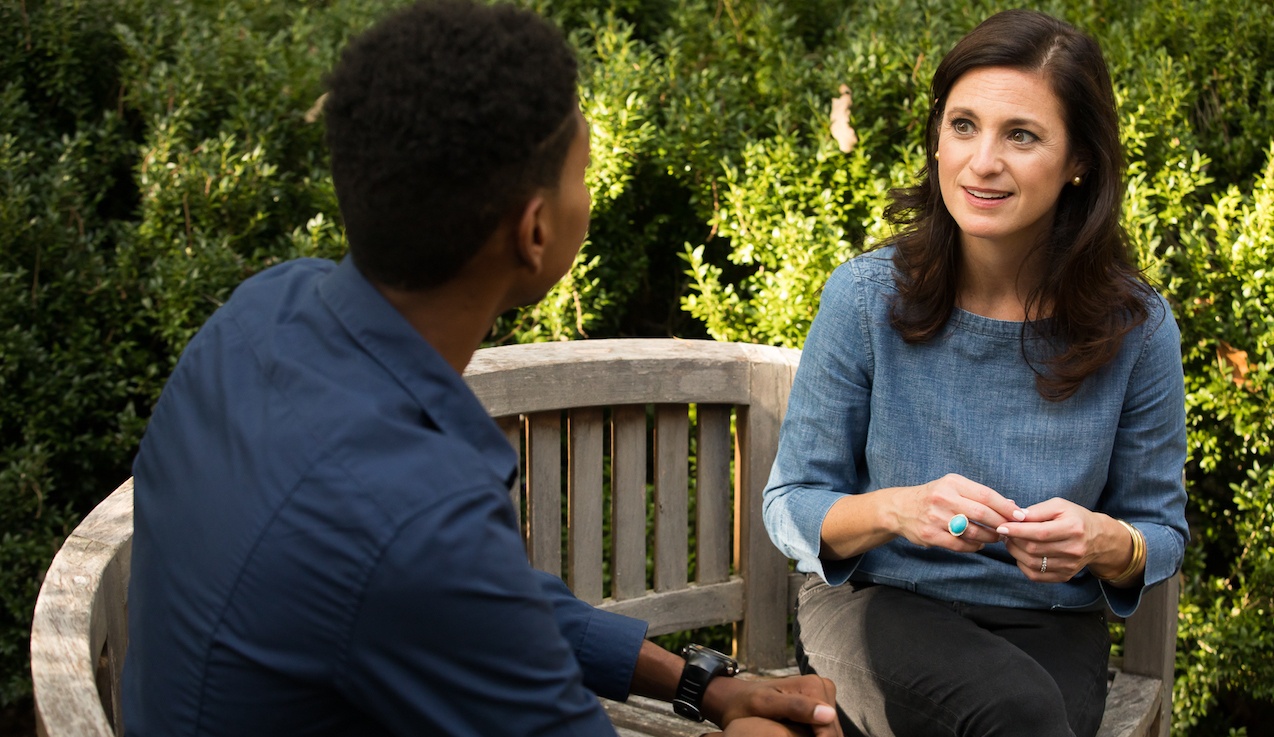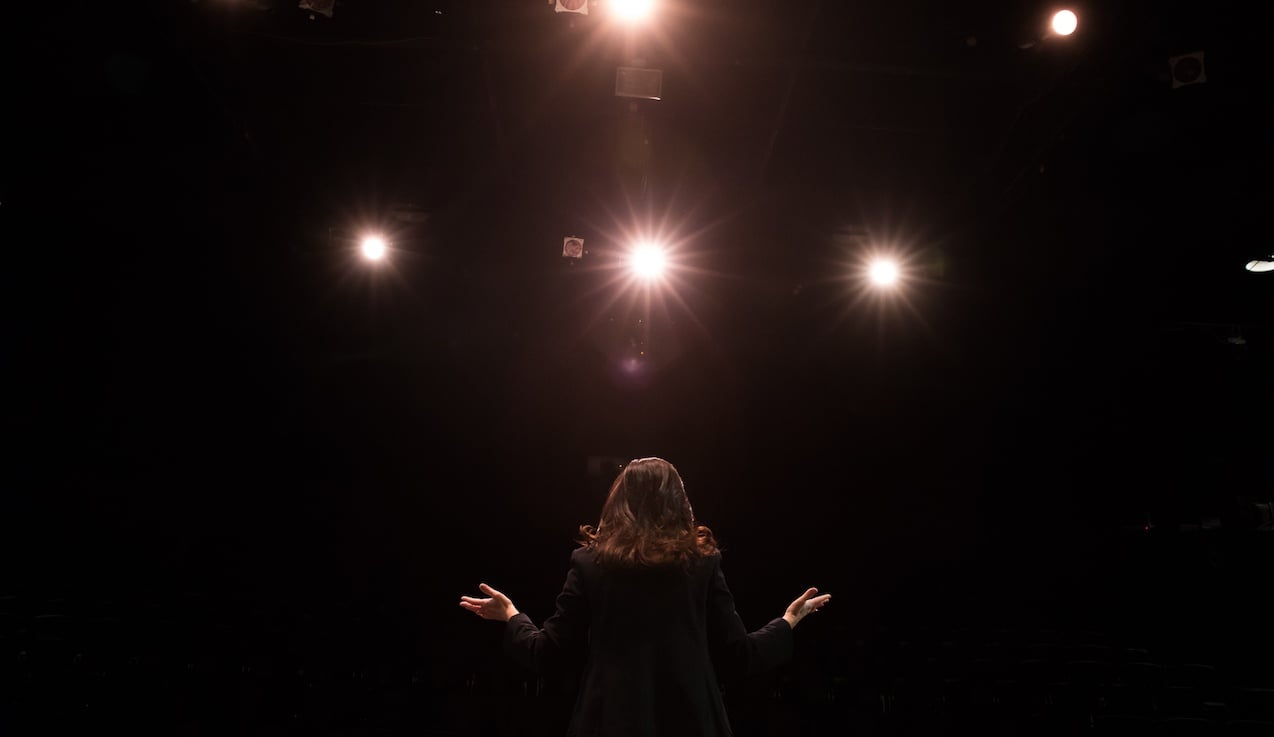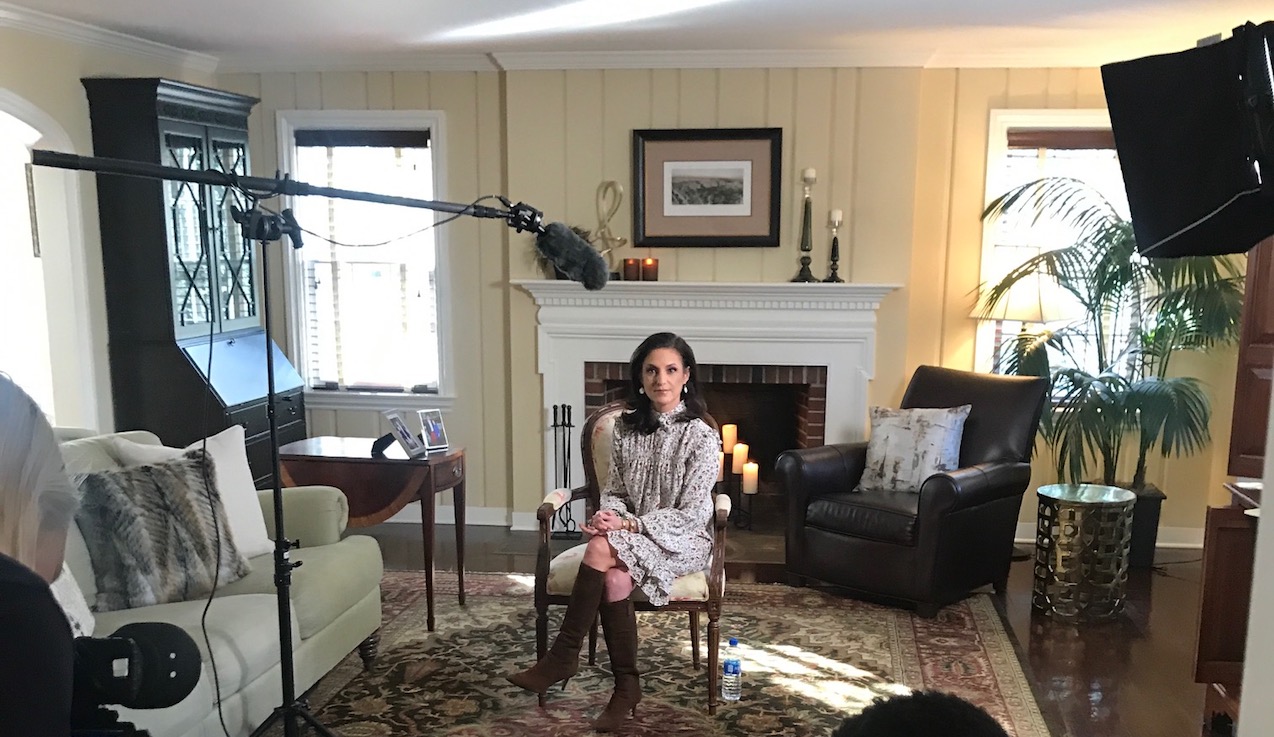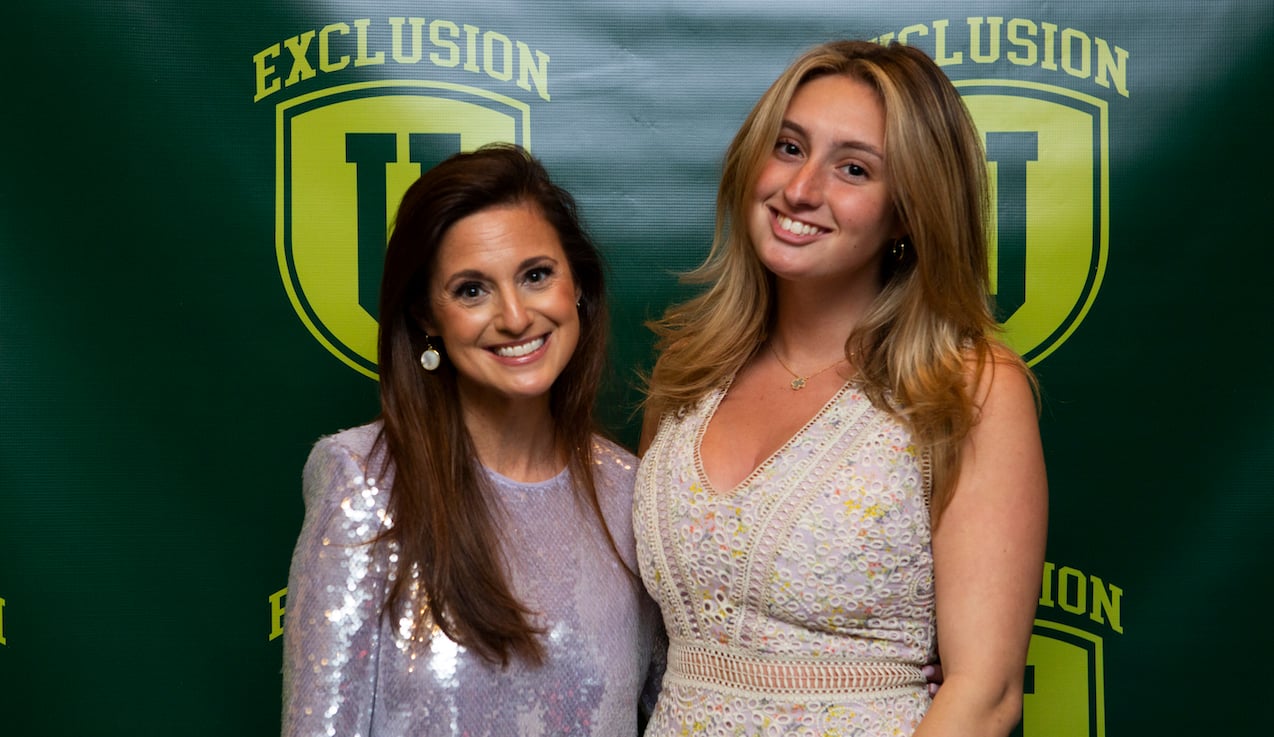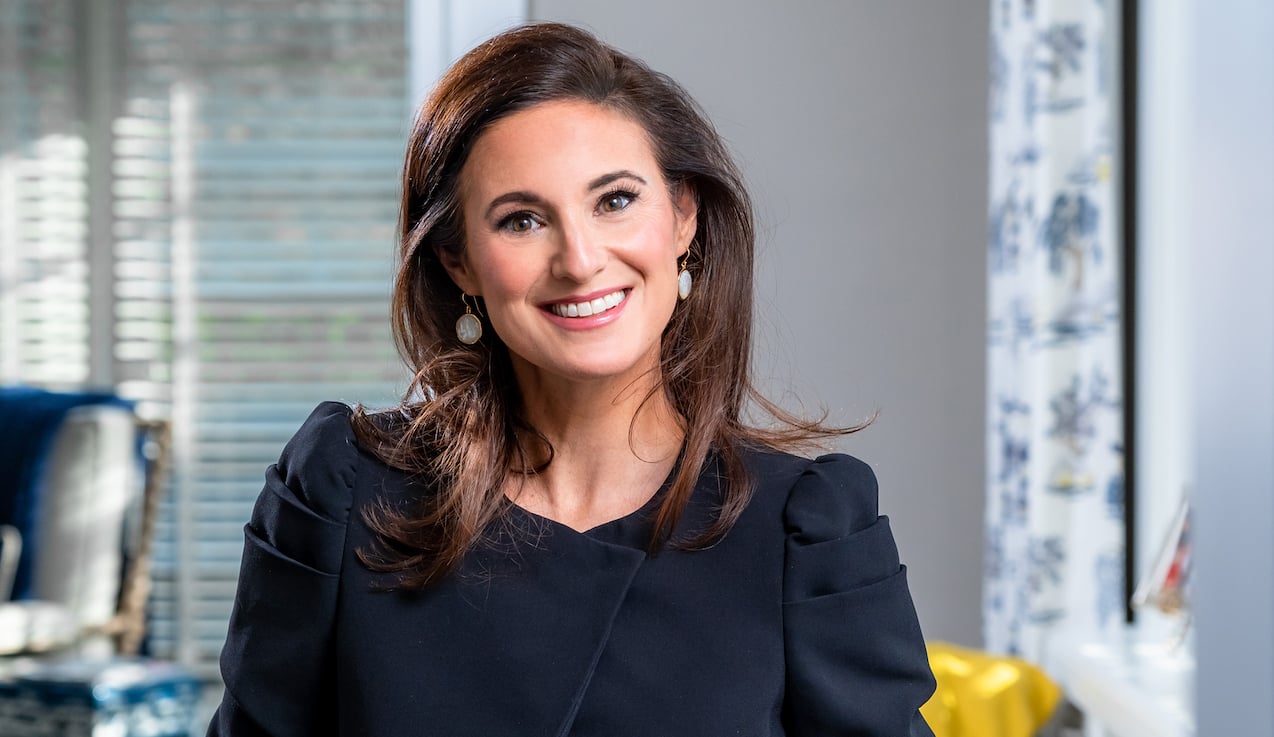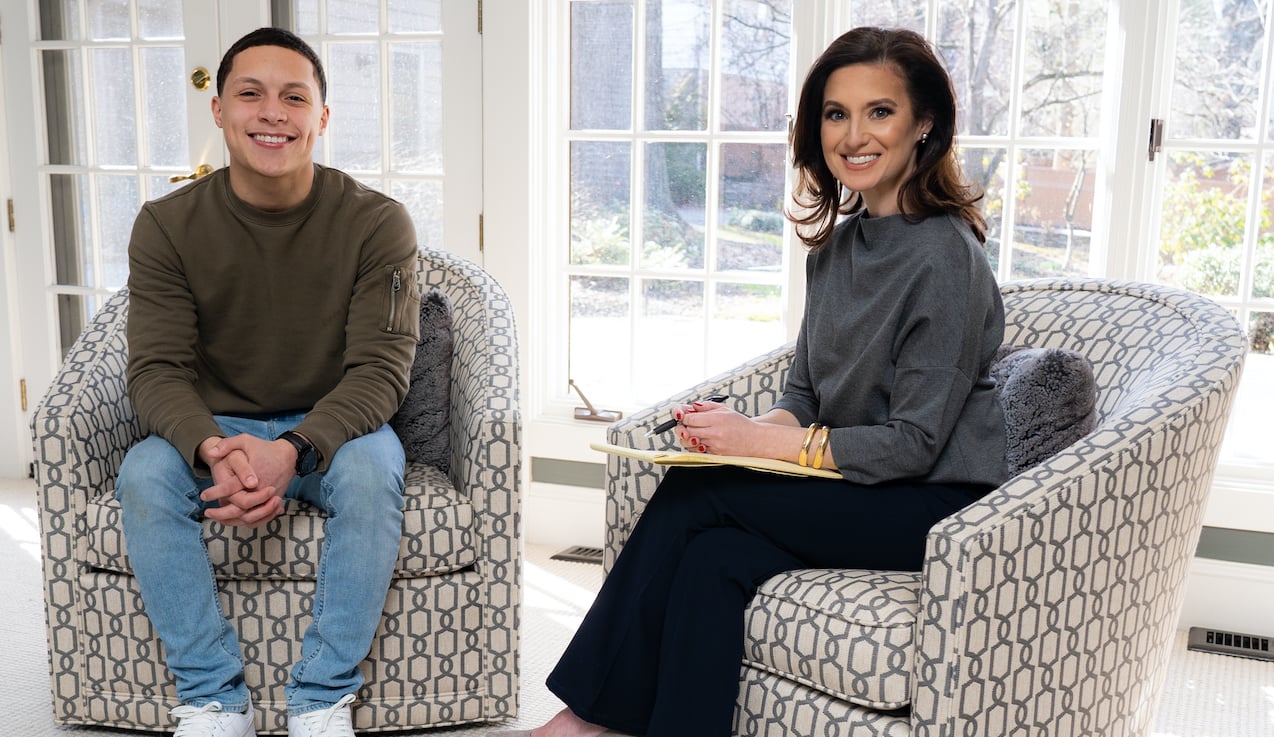These days, I am busy doing mock interviews for high school seniors. My students want to be fully prepared for their college interview. It's one of the most effective hours of prep that they will do, and I am happy to play the role of the alumni interviewer so that they can practice their responses and get some pointers from me at the end. After 20 years in the field, I have conducted thousands of interviews, written just as many interview reports, and evaluated even more as an admissions officer and dean of admissions to know what works and what doesn't.
If you applied Early Decision or Early Action like my students did, you are most likely going to be contacted by an alumni interviewer any day. Larger universities don't have the capacity to interview applicants on campus, but they tend to have a fairly extensive alumni network of interviewers all over the country. Families are asking me on an hourly basis right now how much these interviews matter and what their children should expect. Here's everything you need to know.
1. Be on the lookout for an interview request.
You don't want to miss this. Alumni interviewers will typically try to make contact with the student via the email address provided in their application. If the student doesn't reply, the interviewer may or may not take the extra step to call them. And, don't forget to check your spam folder every day. Lots of college-related emails are ending up in this folder and students are missing crucial emails.2. Interviews for Early Decision and Early Action tend to happen in the month of November if the college releases decisions by mid-December.
This is a small window to get a lot of interviews done. Most colleges that offer interviews will make it clear that they are not required because they know not everyone will get an opportunity.3. The alumni interviewer does not have access to your application.
However, they will know some basic information about you: name, status of application (Early Decision, Early Action, or Regular Decision), major/program choice, high school, and contact information.4. You may be asked to bring a resume.
This is something the alumni interviewer may want. Why? Because the alumni interviewer is curious about you and they don't get to see your application."Since interviewers don't have access to your application, be prepared to bring a resume to your alumni interview." TWEET THIS
5. Interviews should take place in a public location.
Coffee shops, libraries, office buildings are appropriate places to meet with an interviewer. If the interviewer asks you to come to their home, contact the admissions office as this is no longer an acceptable location for a college interview in 2018.
6. Depending on the interviewer, the interview could last anywhere from 20 minutes to one hour.
It really depends on the interviewer and the conversation.
7. Be prepared to answer why you are applying to that specific college.
If the interviewer doesn't ask this question, they aren't doing their job.
8. Also be prepared to ask the interviewer a question or two at the end.
Try to ask reflective questions: Why did you choose to attend? What was your favorite part of your experience there? What do you think you gained from your education?Want to know the top 10 interview questions you'll be asked?
Download my free guide!
9. The interviewer will write a report after the interview which gets sent to the admissions office.
Almost all of these reports are positive which sometimes makes the interview more of a formality rather than a distinctive and influential piece of the application.
10. Review your entire application and supplement before going into the interview.
You want your responses to be consistent with your application. But if you are able to mention experiences or anecdotes that are not already reflected in the application, the admissions committee will learn something new about you from that interview report.
Students put a lot of pressure on themselves leading up to these interviews. Just remember that almost every single interview report I've read has been very positive. Even if you are nervous at the start of your interview, you will be surprised at how quickly you settle in and knock it out of the park. And, if you don't get a chance to interview, check out the admissions office's website. Sometimes a student can submit a video or an additional piece of information that sheds light on who they are. Just remember to bring your energy, positive mindset, and willingness to open up to a complete stranger!


